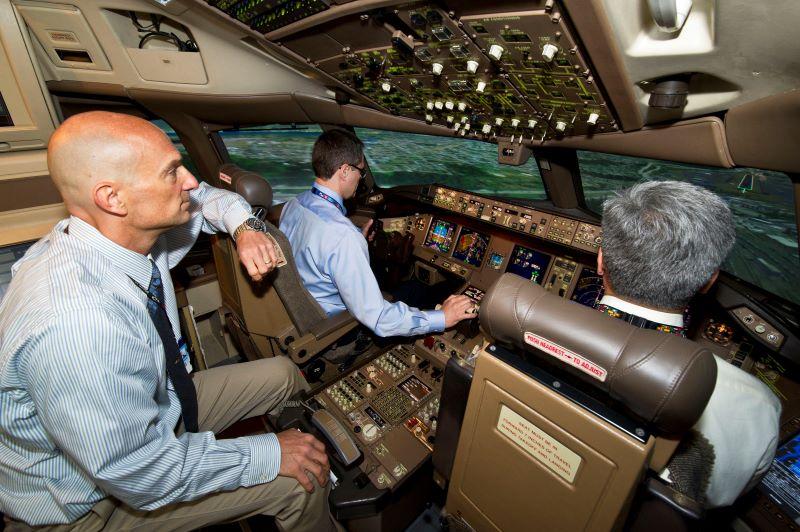
Credit: Boeing
Boeing has suspended support of Russian airlines operating its products, including spare parts sales and engineering services, adding to previously announced pauses affecting its Russian and Ukrainian operations, the company confirmed March 1. The move comes one day after Boeing said it paused pilot...
Subscription Required
This content requires a subscription to one of the Aviation Week Intelligence Network (AWIN) bundles.
Schedule a demo today to find out how you can access this content and similar content related to your area of the global aviation industry.
Already an AWIN subscriber? Login
Did you know? Aviation Week has won top honors multiple times in the Jesse H. Neal National Business Journalism Awards, the business-to-business media equivalent of the Pulitzer Prizes.


